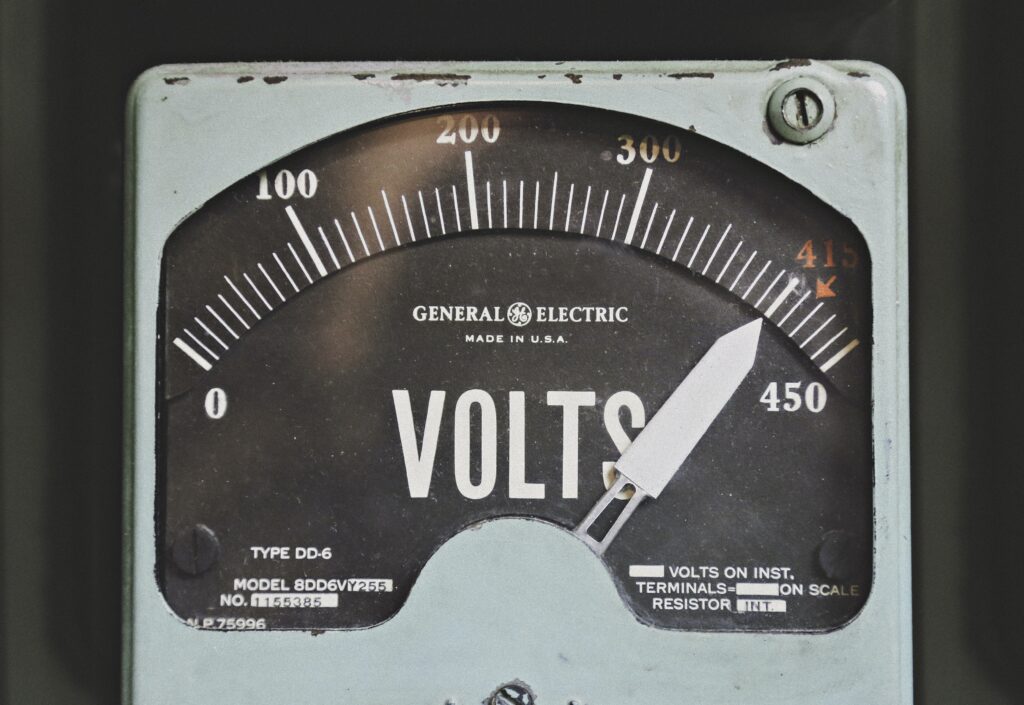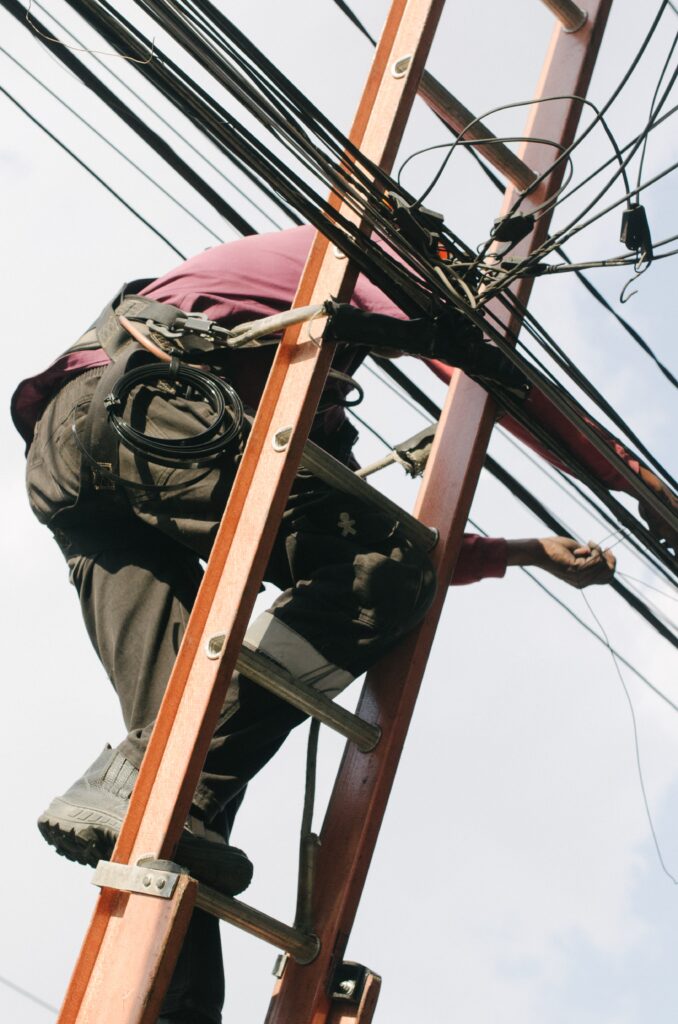Imagine cruising through the city streets, navigating with ease and convenience on your sleek, electric scooter. Suddenly, you’re faced with the sobering reality that your preferred mode of transportation is considered illegal in many jurisdictions. It’s no secret that electric scooters have found their place in the grey area of many legal systems. Strap in, because we’re about to dig into the primary reasons why this snazzy and efficient transport tool remains on the wrong side of the law in certain places.
Historical Background of Electric Scooters
In our era of rapid technological advancement, it’s easy to overlook how things have evolved over time, and electric scooters are no exception.
Origins of electric scooters
Debuted in the late 19th and early 20th century as a means to simplify personal transportation, the first electric scooters were bulky, cumbersome machines. With time, they evolved into convenient, efficient modes of transportation, becoming popular in Asian and European countries to combat traffic congestion.
Initial legal status
Initially, the legal status of electric scooters was quite unrestricted. Manufacturers, aiming to garner a larger consumer base, promoted them as an eco-friendly alternative to cars and motorcycles. Governments, for the most part, turned a blind eye toward the legality of these vehicles, seeming more focused on environmental conservation and reducing traffic congestion.
Transition to illegal status
However, as electric scooters popularity skyrocketed, incidents involving their use began to increase, prompting many jurisdictions to reconsider their legality. Many national and local governments began introducing legislation to regulate their use, often classifying electric scooters as illegal on public roads or sidewalks.
Operational Safety Concerns
Safety is an important factor that contributes massively to the popularity or demise of any product.
Risks due to lack of safety features
Although electric scooters are a fun and efficient way to commute, they come with their own set of safety concerns. Most electric scooters lack essential safety features like reflective materials, blinkers, or even basic brakes. This heightens the chances of accidents, especially during the night or in heavy traffic areas.
Inherent danger in high speeds
These scooters can reach speeds of up to 15 to 20 miles per hour, which, combined with the aforementioned lack of safety features, poses a real danger to both the rider and the pedestrians. High speeds can result in severe accidents, especially for inexperienced riders who do not have control over the scooter.
Poor condition of public roads and sidewalks
The condition of public roads and sidewalks also plays a critical role in ensuring the safety of electric scooter riders. Cracked pavements, potholes, or simply crowded sidewalks can easily cause a rider to lose balance and fall, risking injury to themselves and others around them.

Inadequate Regulatory Policies
Regulations lagging behind innovation is not a new thing in our society, and electric scooters are no exception.
Absence of regulatory infrastructure
There is typically an absence of a regulatory infrastructure that can handle electric scooters. This is mostly due to the fact that these scooters are neither bicycles nor automobiles, making it tough for governments to place them within existing traffic rules.
Challenges in application of existing laws
In addition, while some jurisdictions do have rudimentary rules regarding electric scooters, implementing these laws proves a challenge. These issues include defining what actually qualifies as an electric scooter, deciding who can use them and where, and determining appropriate punishments for offenders.
Role of law enforcement agencies
These challenges are further compounded by strained law enforcement agencies. Police officers, already busy maintaining law and order, often don’t see enforcing electric scooter laws as a priority, leading to rampant rule-breaking.
Negligence and Misuse by Users
Irresponsible use of any mode of transport can lead to disastrous consequences. Unfortunately, electric scooters have seen their share of misuse.
Non-adherence to safety norms
Despite being marketed as fun, these vehicles can be dangerous with riders often ignoring safety norms such as wearing helmets or not riding on busy roads. This puts the riders and the public at large at risk.
Reckless riding and accidents
Electric scooters are frequently ridden recklessly, often due to their easy availability and the lack of needed skill to operate. Unfortunately, this leads to a higher rate of accidents, some of which can be quite serious.
Underage and unlicensed users
As there are less strict or under-enforced rules around the use of electric scooters, underage and unlicensed users often ride them, putting themselves and others in danger. This adds to the problem of negligence, as these users may not fully understand the risks involved.

Public Nuisance and Disturbance Issues
Despite their many benefits, electric scooters can be a public nuisance.
Inconvenience to the pedestrians
Electric scooters can often create difficulty for pedestrians, especially on crowded sidewalks. Their fast speed and silent operation can catch walkers off guard, resulting in potential accidents or collisions.
Noise pollution
While electric scooters are considerably quieter than cars or motorcycles, they are still a source of noise pollution. Their rapid accelerations, often accompanied by loud beeping sounds, disturb the peace of public pathways.
Illegal parking and clutter on sidewalks
Dumped electric scooters litter public spaces and sidewalks, causing inconvenience to pedestrians and people with disabilities. This happens when riders, opting for convenience over consideration, leave their scooters wherever they finish their trip.
Impact on Environment and Public Health
As environmental consciousness rises, it’s becoming crucial to inspect the ecological impact of all our actions, including transportation.
E-waste creation and disposal issues
Though marketed as ‘eco-friendly’, the disposal of electric scooters creates significant e-waste. Their short lifespan means scooters often end up in landfills, where their batteries and electric components can harm the environment.
Health consequences from accidents
Electric scooter accidents can have serious health implications for riders and pedestrians. From minor injuries to severe traumas, emergency department visits related to scooter injuries have surged in recent years.
Emission of greenhouse gases in production
While electric scooters don’t emit greenhouse gases during operation, their production process does contribute to carbon emissions. Manufacturing their batteries and frames involves intensive energy consumption, thus contributing to global warming.

Legal Status in Different Jurisdictions
The legal status of electric scooters varies greatly from one jurisdiction to another.
Comparative analysis of laws in various countries
Different countries have different laws pertaining to electric scooters. While they’re regarded as legal in some places provided you follow certain rules and regulations, other countries have outright banned them on public roads.
Case Studies: Places where e-scooters are banned
Several major cities worldwide have banned electric scooters altogether, citing public safety concerns. In places where they are banned, the public and governing bodies have often pointed towards dangerous riding, collisions with pedestrians, and illegal parking as the reasons behind the decision.
Case Studies: Places where e-scooters are legal
Conversely, some jurisdictions, recognizing the potential benefits of electric scooters, have made efforts to legally integrate them into the transportation system. These areas have created specific rules and regulations for electric scooter riders that usually involve a speed limit, age restriction, and helmet requirement.
Lobbying by Electric Scooter Companies
The debate surrounding the legality of electric scooters isn’t just a matter of public safety. Companies with vested interests also play a prominent role.
Influence on policy-making and legislation
Electric scooter companies use lobbying to influence policy-making and legislation. They have vested interests in ensuring that laws are established that favour their business.
Market competition and legal battles
The market for electric scooters has become extremely competitive. Legal battles between companies over who has the right to operate and where have become commonplace.
Consumer demand vs. public safety
There’s a constant tug-of-war between consumer demand and public safety. While consumers enjoy the convenience and easy access to electric scooters, concerns about safety and responsible use cannot be ignored.
Possible Legal and Regulatory Solutions
As society continues to grapple with these challenges, it’s essential to focus on potential solutions.
Improved design and safety features
Many believe the answer lies in better design and added safety features. This could include adding lights and blinkers to scooters, or even creating safer electric scooters that don’t travel as fast.
Enacting robust laws and regulations
While recognizing their benefits, governments need to enact robust laws and regulations that protect pedestrians and riders without limiting access to this mode of transportation.
Education and awareness for users
Increased education and awareness for users could go a long way in reducing accidents and misuse. This would involve educating users on proper usage, the damage caused by improper parking, and the importance of wearing a helmet.
Future Trends and Predictions
As we try to predict the future of electric scooters, the factors discussed above play a vital role.
Projected increase in electric scooter usage
Despite various challenges and controversies, electric scooters are expected to continue growing in popularity due to their convenience and environmental benefits.
Potential changes in legal status
As lawmakers better understand and adapt to the rise of electric scooters, it’s only natural to assume that there will be changes in their legal status. More countries are expected to enact rules and regulations to ensure their safe usage.
Technological advancements and their implications
Future technological advances may make electric scooters safer, more reliable, and more enjoyable to use. This could solidify their position in the urban transport landscape, changing the way we all travel around cities.




